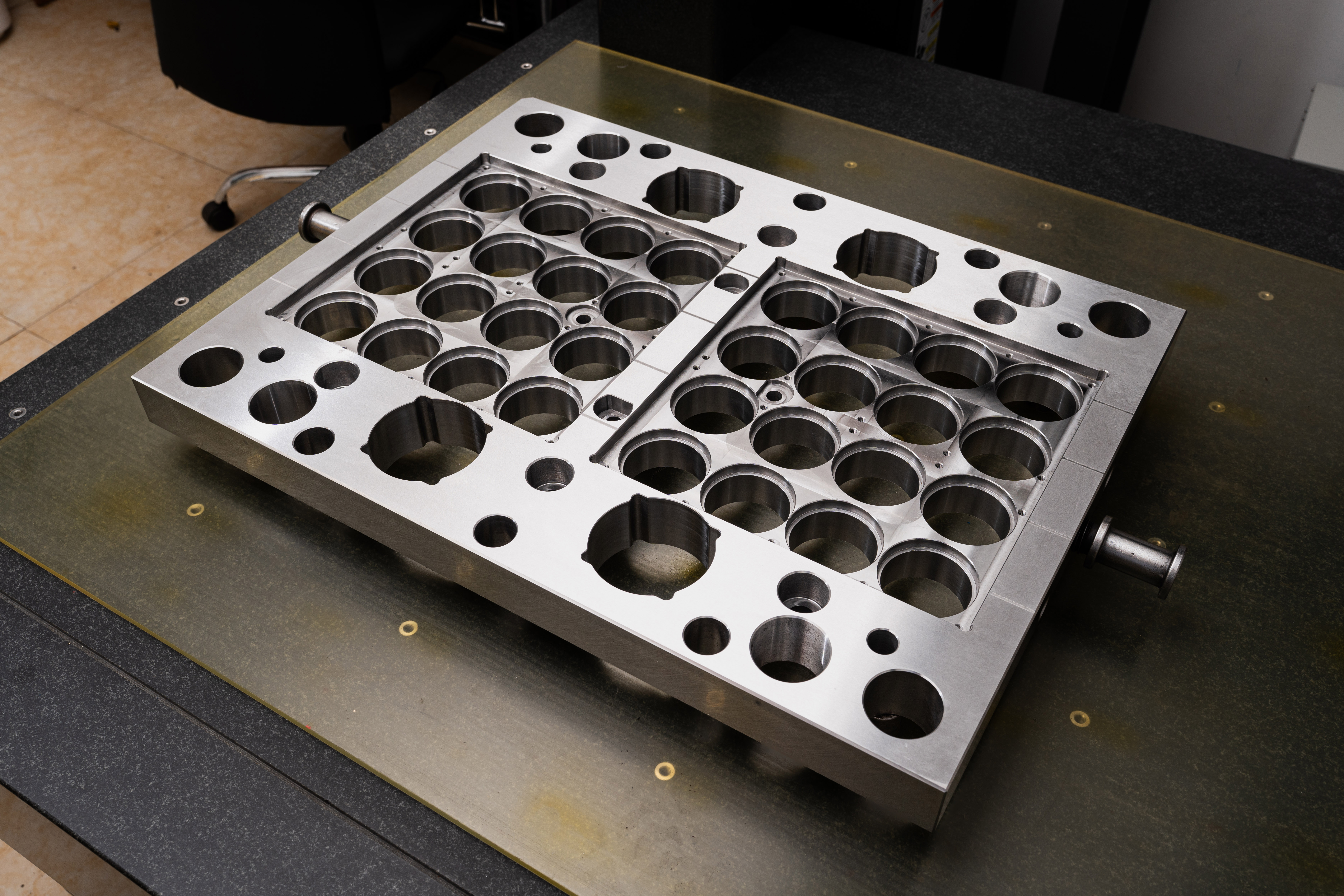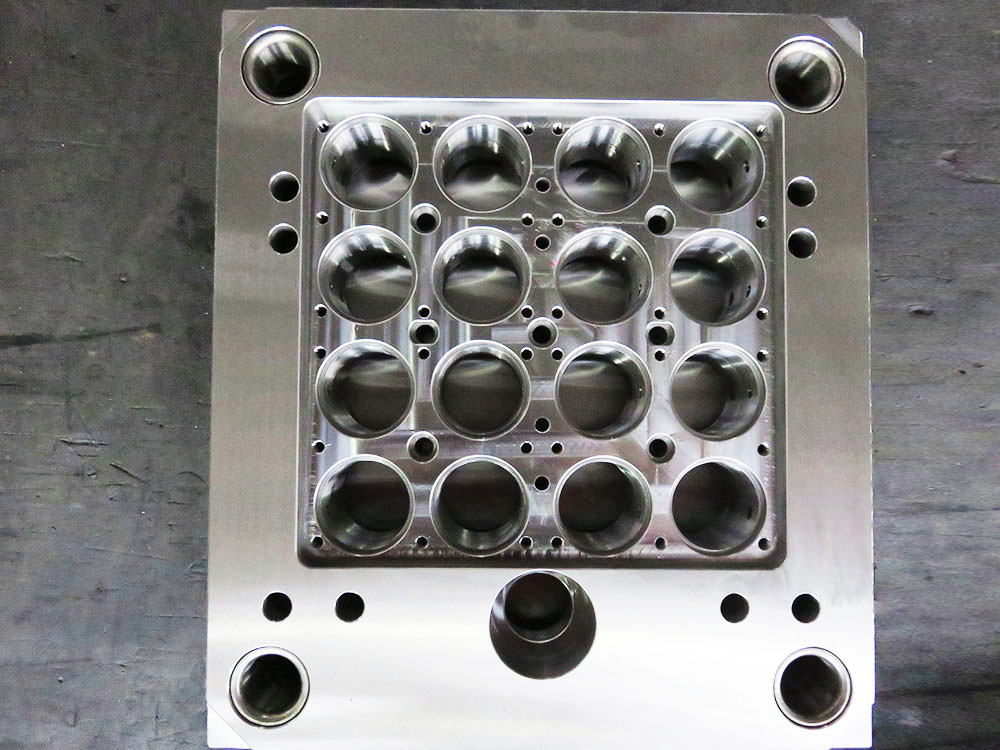How to Select Material for Injection Molds
Injection molds play a crucial role in the manufacturing industry, enabling the production of high-quality and precision-engineered plastic parts. The selection of the right material for injection molds is of paramount importance to ensure the success of the molding process. In this article, we will discuss the key factors to consider when selecting the material for mold bases in the mold industry.
Material Requirements
The material used for mold bases should possess certain properties to withstand the demanding conditions encountered during the injection molding process. These requirements include:
1. High Strength: Mold bases must have high strength to withstand the clamping forces required during the injection molding process. They should be able to resist deformation and maintain dimensional stability.
2. Machinability: The material should be easily machinable to facilitate the production of intricate mold base designs. Good machinability allows for precise cutting and shaping of the mold.
3. Wear Resistance: Mold bases are subjected to high wear and tear due to the repeated cycles of the molding process. Therefore, the material used must have excellent wear resistance to ensure the longevity of the mold.
4. Corrosion Resistance: Injection molds are exposed to various chemicals and resins during the molding process. Thus, the material should have corrosion resistance to prevent degradation and maintain the integrity of the mold.
5. Thermal Conductivity: Efficient heat dissipation is essential for injection molds to prevent overheating, which can lead to defects in the molded parts. The material should have a high thermal conductivity to ensure efficient cooling and maintain consistent mold temperatures.
Commonly Used Materials
When it comes to selecting the material for mold bases, several options are available in the mold industry. Some commonly used materials include:
1. Tool Steel: Tool steels, such as P20 and H13, are widely used in the mold industry due to their excellent combination of strength, machinability, and wear resistance. These steels can be hardened and tempered to further enhance their properties.
2. Aluminum: Aluminum alloys, such as 7075 and 6061, are popular choices for mold bases due to their lightweight nature and good thermal conductivity. However, they may not be suitable for high-production molds due to their relatively lower strength compared to tool steels.
3. Stainless Steel: Stainless steels, such as 420 and 440C, offer good corrosion resistance, making them suitable for molds that come in contact with corrosive resins and chemicals. They also exhibit decent strength and machinability.
4. Copper Alloys: Copper alloys, such as C17200 and C17300, are known for their high thermal conductivity and excellent corrosion resistance. They are commonly used for molds requiring rapid heat transfer.
5. Beryllium Copper: Beryllium copper alloys, such as C17200 and C17300, possess high strength, excellent heat conductivity, and good corrosion resistance. They are well-suited for molds requiring precise dimensional control.
Conclusion
The selection of the material for mold bases is a crucial decision in the mold industry. The chosen material should possess the necessary properties like high strength, machinability, wear resistance, corrosion resistance, and thermal conductivity. Commonly used materials include tool steels, aluminum alloys, stainless steels, copper alloys, and beryllium copper. By considering these factors and choosing the appropriate material, manufacturers can ensure the production of high-quality injection molds that meet the demands of the injection molding process.




